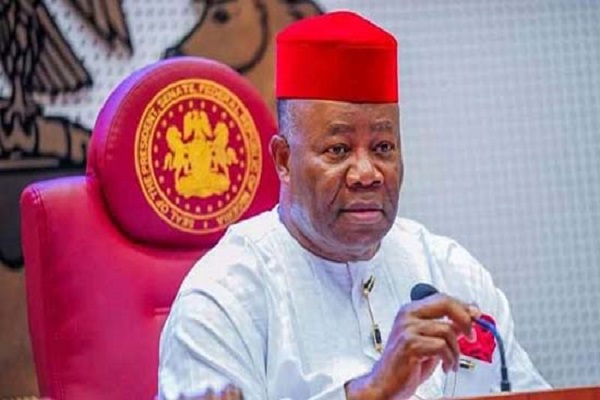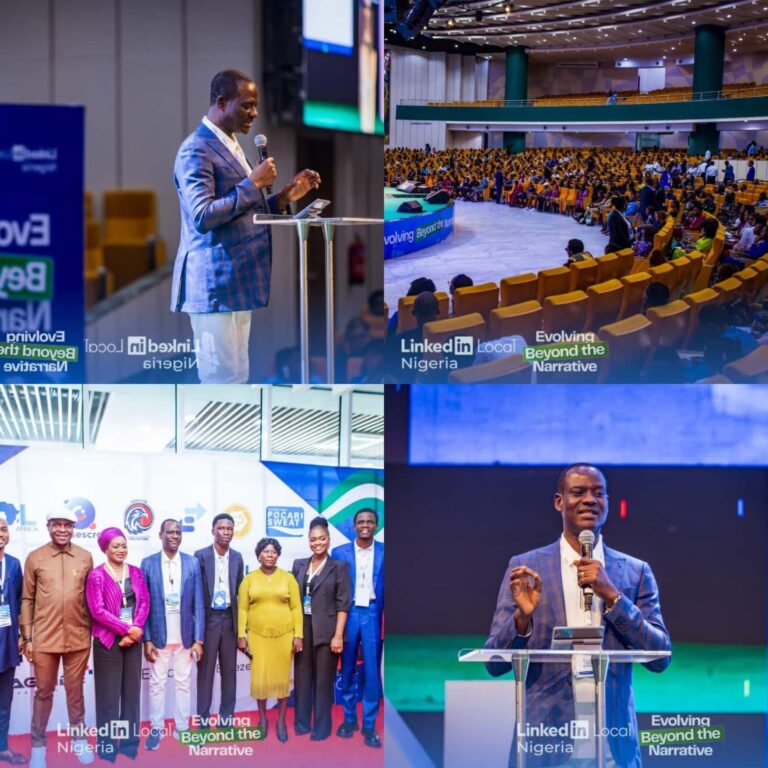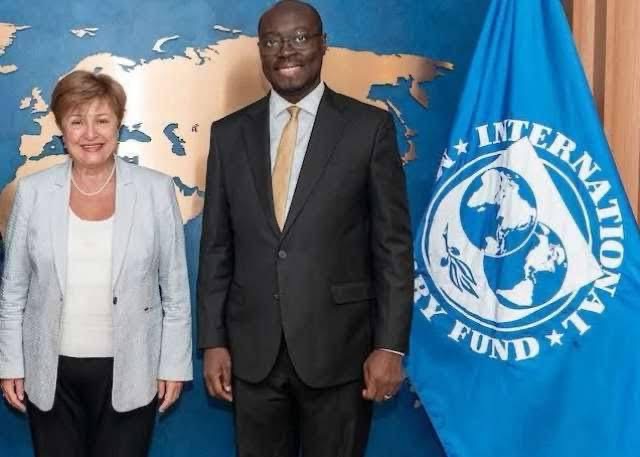Nigeria’s crude oil and condensate production declined to an average of 1.581 million barrels per day (bpd) in September 2025, according to new data released by the Nigerian Upstream Petroleum Regulatory Commission (NUPRC) on Saturday.
The report showed that crude oil accounted for 1.39 million bpd, while condensate output stood at 191,373 bpd. The figures represent a marginal decline from August levels and signal a temporary setback in the country’s upstream sector performance.
Industry observers note that the dip in output could be linked to ongoing operational challenges in key production zones, including pipeline disruptions, crude theft, and maintenance work on certain facilities. The development comes at a time when Nigeria is seeking to stabilise production and meet its OPEC+ quota following months of gradual recovery.
The decline also coincides with new market shifts, as OPEC+ recently announced a modest production increase scheduled for November — a policy move that has already influenced global crude prices.
Earlier reports from Nairametrics indicated that Nigerian crude grades have traded lower since the cartel’s announcement, reflecting broader market uncertainty and the sensitivity of domestic pricing to global supply adjustments.
Despite the dip, the NUPRC maintains that Nigeria remains committed to ramping up production through enhanced surveillance, improved asset management, and renewed partnerships with international oil companies.
Nigeria, Africa’s largest oil producer, continues to rely heavily on crude exports as its main source of foreign exchange, making output stability a key factor in sustaining fiscal balance and economic growth.













